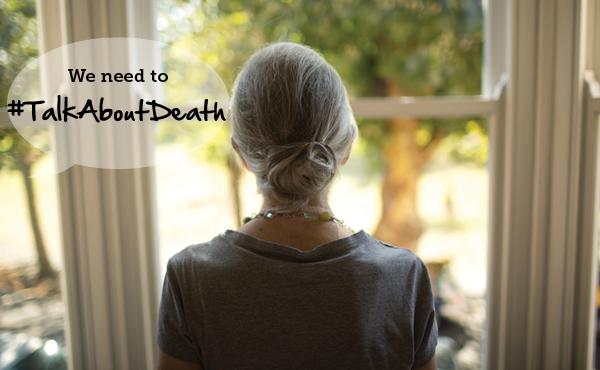
When someone close to you has died, you probably expect to feel bereft. You might also expect to feel hopeless or even angry. But while these can be symptoms of grief, the reality is often much more complicated.
Grief can affect how you think and feel, how you behave, and even your physical health, in a surprising number of ways.
Physical symptoms
People are often less aware of this, but grief can affect your body as well as your emotions. This can be related to the stress of the situation. Of course, everyone is affected differently, but you might experience:
• exhaustion
• breathlessness
• aches and pains, such as chest pain and headaches
• shaking and increased heart rate
• feeling sick
• upset stomach
• oversensitivity to noise and light
• skin problems.
You’re also likely to have lower resistance to illness generally.
Feelings
Your feelings can be chaotic after a death and this can be overwhelming and sometimes frightening. However, this is usually normal and intense feelings tend to ease over time. More surprising feelings can include:
• anxiety, including worries about your own mortality
• relief, for example if someone died after a long illness
• irritability – although family can be a source of support when you’re bereaved, family quarrels are not uncommon after a death
• feelings of unreality – these are particularly common in the period just after the death. You might feel detached from what is happening, but these feelings usually fade over time.
Behaviour
Bereavement can also affect your behaviour. Again, you might expect some of these effects, such as being very tearful, but not others. You might experience:
• restlessness or hyperactivity – this can be a coping mechanism
• inability to concentrate. You might be preoccupied with the death and go over and over what happened.
• disturbed sleep or nightmares. Nightmares and flashbacks can be more common if someone has died through suicide or other traumatic death.
• loss of appetite or comfort eating, which can of course also cause physical changes to your weight.
It can be reassuring to know that what you’re experiencing is normal, and that the symptoms of grief can be far-ranging. However, if you are worried about anything you are thinking or feeling, including physical symptoms, it’s a good idea to speak to your GP.
